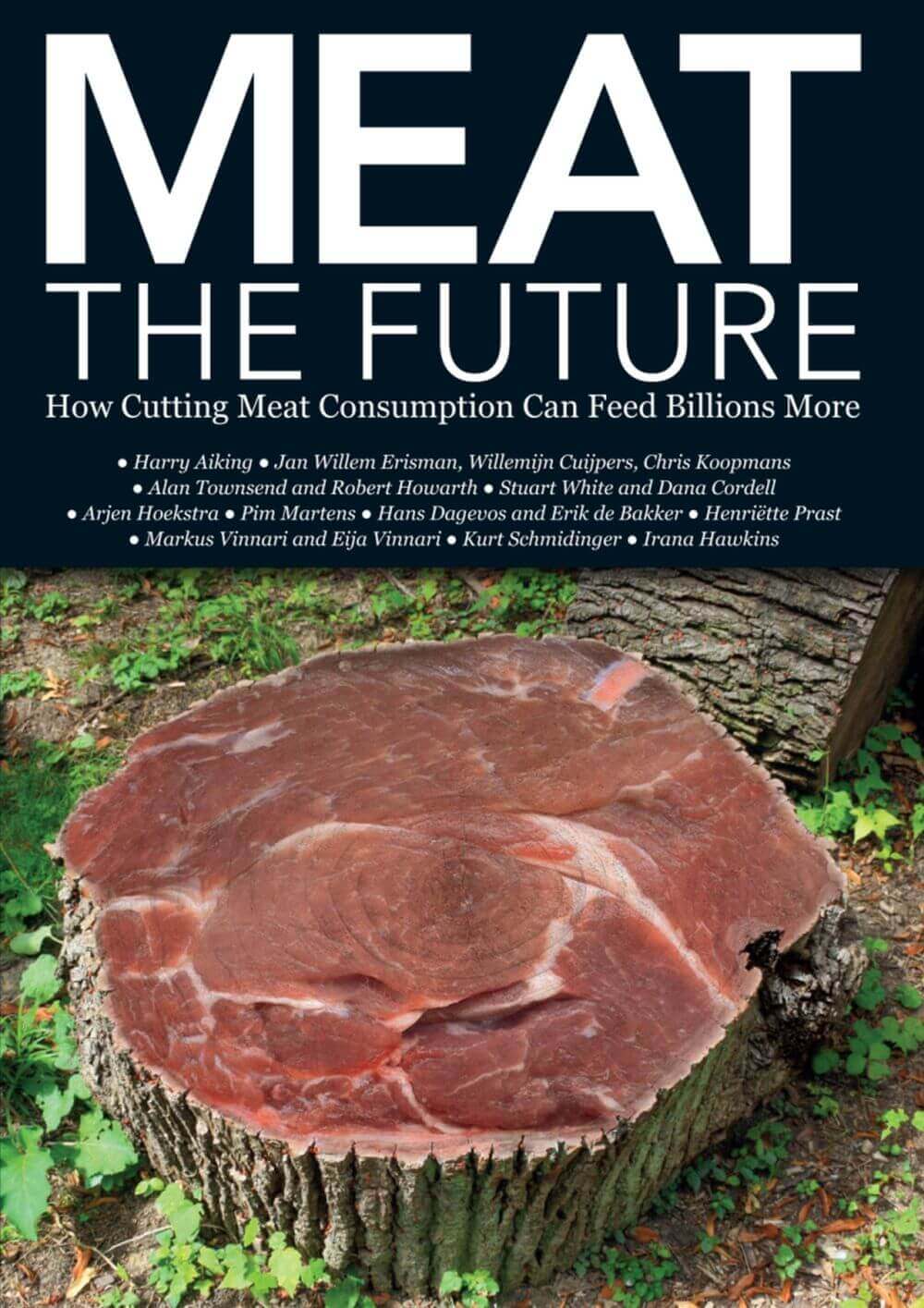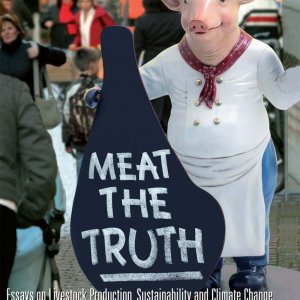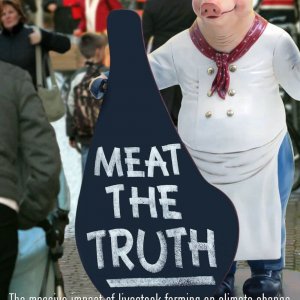Book: Meat. The Future
€18.45
Description
It has been over seven years since the Nicolaas G. Pierson Foundation released its documentary Meat the Truth, that showed that livestock, and consequently meat consumption, have an enormous impact on global warming. It also pointed out how minimal action could lead to a largely changed perspective. Cutting out meat for one or several days a week can contribute to a tremendous reduction of greenhouse gas emissions.
So has there been considerable change over these past seven years? Unfortunately not.
The negative impact of the production of meat on the environment and climate change persists. And prospects for the future are grim. World population is estimated to reach 9.6 billion by 2050 and diets are predicted to become more affluent, containing more meat and dairy products. This population growth combined with changing diets leads scientists to predict that food production will be required to double. This would entail a tremendous, nearly impossible burden on the planet’s resources and the environment.
Food production plays an important role in environmental issues that are caused by human actions, and the production of animal protein has a particularly disproportionate impact on natural resources, as several chapters in this book make clear. Therefore, this publication would like to raise awareness of the fact that we have a choice in our diets and that all of us have the power to influence future food demand.
The road to change must be paved with altered behaviour by governments, consumers and the food industry alike, changes that are described in a number of the chapters. Other contributions concentrate on the rapidly expanding availability and number of meat alternatives, and on studies regarding the benefits of plant-based diets.
We have asked leading scientists to investigate the impact of meat consumption on all those issues that impact ‘the state of the Earth’. This has led to illuminating articles, with topics ranging from issues such as the loss of biodiversity, the disruption of the phosphorus cycle, and land use change. And how these pressing matters relate to food security.
Thankfully, the destructive path that we are currently travelling is not definitive, but in order to change our own and the planet’s destiny, it is pertinent that we act now.
Additional information
| Weight | 0.5 kg |
|---|




